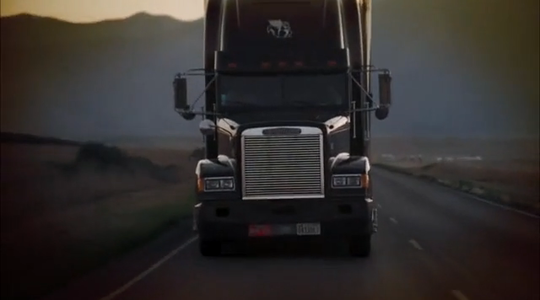Intermodal Trucking & Freight Transport
FMCSA Requirements for Intermodal Equipment Providers (IEP)
Intermodal freight transport allows for the transportation of freight containers through multiple avenues such as railway, ship, and truck so the freight itself does not have to be handled when changing from one mode to another. This promotes security, safety, and damage losses. Trucks typically fit into the equation by connecting the container from the ocean to rail segments of transportation and vice versa. Intermodal equipment providers are freight carriers that transport containers with trucks.
Intermodal trucking is a specialized form of trucking that is typically used around major ports and railroad terminals.
Since these trucks are specialized to carry the cargo for a short interval from ocean to rail, it is called "drayage." This is highly different from interstate truck driving and other types of commercial vehicle transportation. Recently, the Federal Motor Carrier Safety Administration (FMCSA) issued a final rule about IEPs. While previously, they were regulated by their own industry standards, these drayage trucks are now subject to FMCSA federal regulations. This was done to enhance safety of this form of transportation in particular. These trucks will now have to be maintained more often and loaded more carefully.
Safe, Accountable, Flexible, Efficient Transportation Equity Act
Under the "Safe, Accountable, Flexible, Efficient Transportation Equity Act: A Legacy for Users," each IEP driver must register with FMCSA, establish inspections and repairs to ensure compliance, obtain documentation from all maintenance performed, and develop a plan to effectively respond to any mechanical defects. These drivers do not have to perform these inspections themselves, but they may contract out those who are designated as acceptable maintenance workers. The driver is still ultimately responsible for the safety of their vehicle.
The safety requirements have also changed.
Before a driver operates their intermodal freight transport, they must inspect all the equipment components to make sure they are in good working order. The driver must also report to the IEP or whoever the designated agent is if they notice damage or defects. Whether defects are discovered or not, the driver must still issue a report of what was found in the vehicle inspection. The FMCSA will not conduct regular inspections and reviews to make sure that their drivers are in compliance with all the regulations.
If a driver is found in violation, then they will be cited and incur civil penalties.
